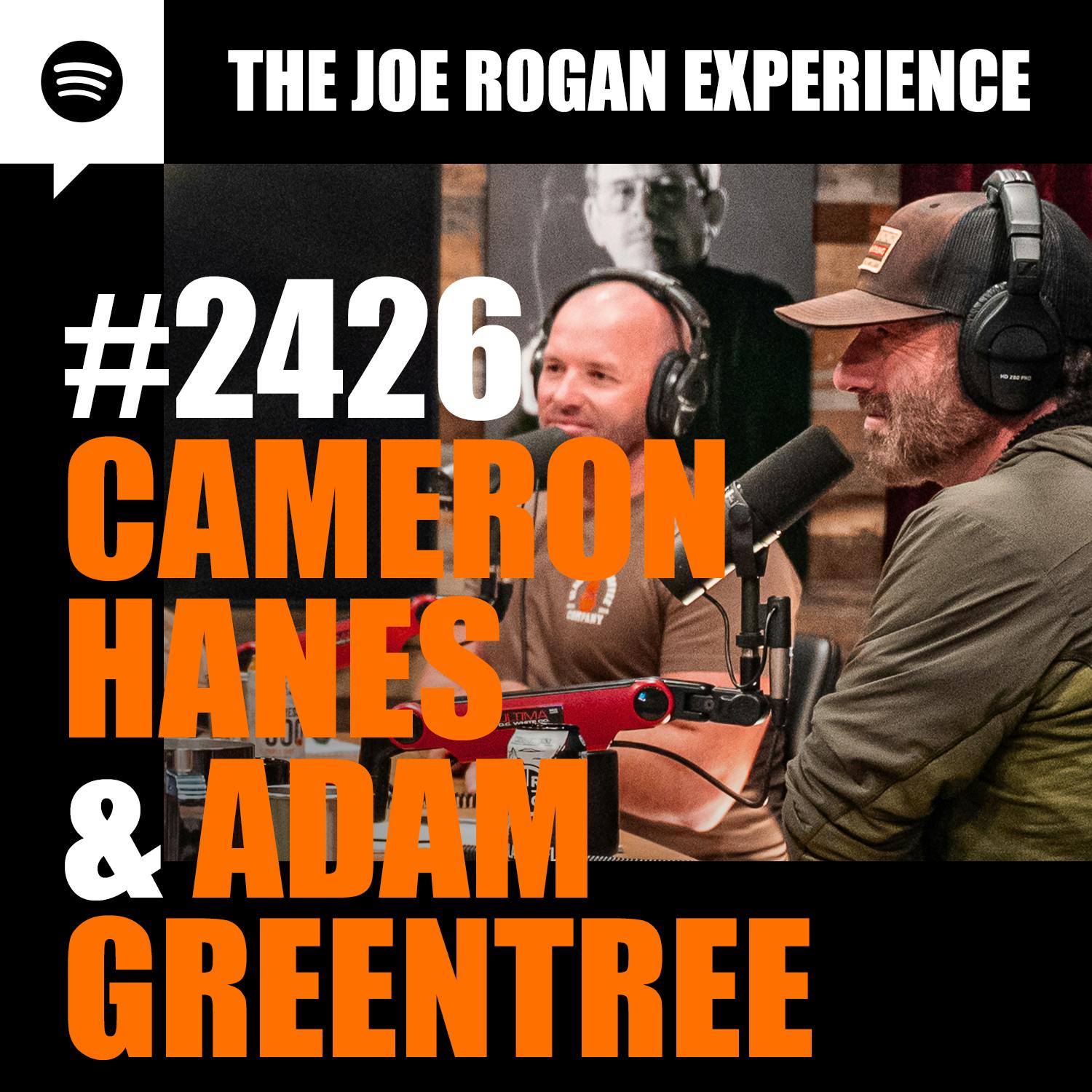#2397 - Richard Lindzen & William Happer
Richard Lindzen, PhD, is Professor Emeritus of Earth, Atmospheric, and Planetary Sciences at the Massachusetts Institute of Technology. William Happer, PhD, is Professor Emeritus of Physics at Princeton University. Doctors Lindzen and Happer are recognized for questioning prevailing assumptions about climate change and energy policy.www.co2coalition.org
Perplexity: Download the app or ask Perplexity anything at https://pplx.ai/rogan.
Buy 1 Get 1 Free Trucker Hat with code ROGAN at https://happydad.com
Try ZipRecruiter FOR FREE at https://ziprecruiter.com/rogan
Learn more about your ad choices. Visit podcastchoices.com/adchoices
Perplexity: Download the app or ask Perplexity anything at https://pplx.ai/rogan.
Buy 1 Get 1 Free Trucker Hat with code ROGAN at https://happydad.com
Try ZipRecruiter FOR FREE at https://ziprecruiter.com/rogan
Learn more about your ad choices. Visit podcastchoices.com/adchoices
Press play and read along
Transcript
Transcript is processing—check back soon.
The Joe Rogan Experience — #2397 - Richard Lindzen & William Happer





